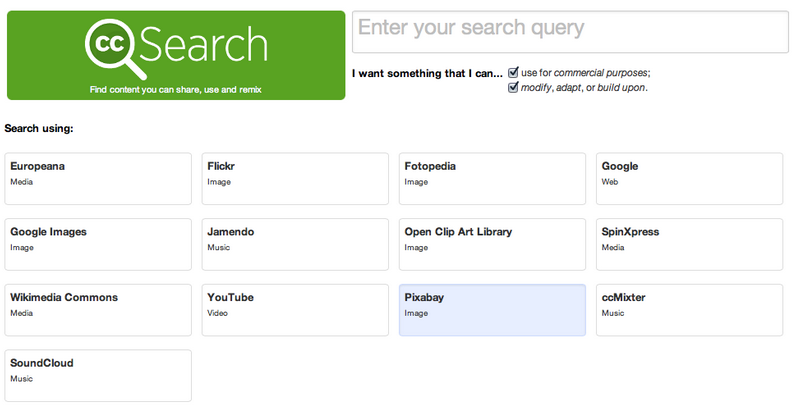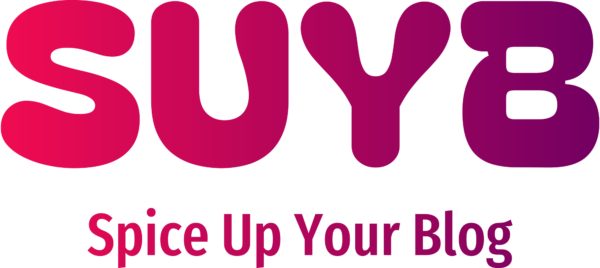
Words lie at the heart of blogging. The cliché says that a picture is worth a thousand words, and while that may be true in some sense, it’s also true that as tools for content marketing and SEO, the success of a blog depends on the richness, originality, and educational value of its written content.
That being said, studies have shown that including rich media can hugely improve engagement levels on most channels of communication, including blogs. There are three basic routes that bloggers can go down when it comes to finding the perfect image to add some spice to the written word: they can create the images themselves, they can license images from a stock image service, or they can take advantage of the many millions of free images available on the web.
Look At Your Options
Each of these paths has benefits and disadvantages. Choosing to produce the images personally can be time consuming and requires a level of expertise that not many bloggers have, but, if you’re a skilled photographer or artist, then this is definitely the route to take. It will help produce a coherent experience for readers where the visuals perfectly mirrors the text.
Licensing from stock image sites is an easy way to get professional-quality images at reasonable prices, but, if you’re judicious about searching, you can find very high quality images without spending anything at all.
Some Caveats
Bloggers, especially those writing corporate blogs or blogging for their business need to be very careful about which images they choose and how they deal with attribution.
People have become so used to taking any image they like from the web and sharing it on social media that they don’t stop to think about the implications of sharing images on their business sites in ways that infringe on the creator’s copyright.
However, if you follow 3 simple rules, you should run into no problem using free images.
If You Don’t Know The License, Don’t Use It
It can be frustrating to come across the perfect image in Google Image Search, and not be able to use it because you can’t verify that the original creator licensed for free use. But, to be safe, you should only use images where you can determine who owns the copyright, and what conditions that owner puts on the use of their content.
Contrary to popular opinion, an image existing on the Internet is not an indication that the artist or photographer has given permission for third parties to use it, or that they have relinquished any of their legal rights.
Attribute
Some image owners release their work under licenses that don’t require attribution, in which case you can use them as you please without including a link back to the source or a named attribution. If you can determine that an image has been released into the public domain then you are also free to use it without attribution.
In all other cases you should include proper attribution somewhere on the page where you use the image.
Understand Creative Commons Licensing
Many images that are free to use will have been released under a Creative Commons license. However, there are several different CC licenses with different permissions that you need to be aware of. Some allow you to use the work for commercial purposes, and to modify it in any way you like. Others allow you to modify it — create derivative works – but not use if for commercial purposes. Some people release under a CC license that doesn’t allow any modification.
Make sure you understand the what the provisions of each license mean and which of them applies to the images you want to use.
Free Image Sources
As we said previously, you can’t just take any image you like from Pinterest or photography sites like 500px (or you’ll incur the ire of photographers who are very protective of their intellectual property rights).
Flickr
Flickr is a treasure trove of Creative Commons-licensed images. To find awesome free images you’ll need to do an advanced search so that you filter out all the non-Commons licensed pics.

Until recently, Flickr’s interface made finding images a pain, and alternative Flickr search engines like PhotoPin became popular, but they’ve recently given their site an update, and now it’s a pleasure to use.
Creative Commons Search
The Creative Commons search page isn’t a search engine, it’s a portal to various sites around the web that either host or search Creative Commons images, including Google Image Search, Wikimedia Commons, Flickr, and the Open Clip Art Library.

Pixabay
Pixabay is a fairly new service that searches through a collection of public domain images. That means you’re free to use anything you find on Pixabay without attribution in any way you like.
If you’d like to share some of your favorite sources for free images, we’d love to hear from you in the comments.
By Guest Author – Graeme Caldwell works as an inbound marketer for Nexcess, a leading provider of Magento and WordPress hosting. Follow Nexcess on Twitter at @nexcess, Like them on Facebook and check out their tech/hosting blog : http://blog.nexcess.net/.Image Credit : http://pixabay.com/en/horse-shoe-lucky-western-hoof-110987/.











